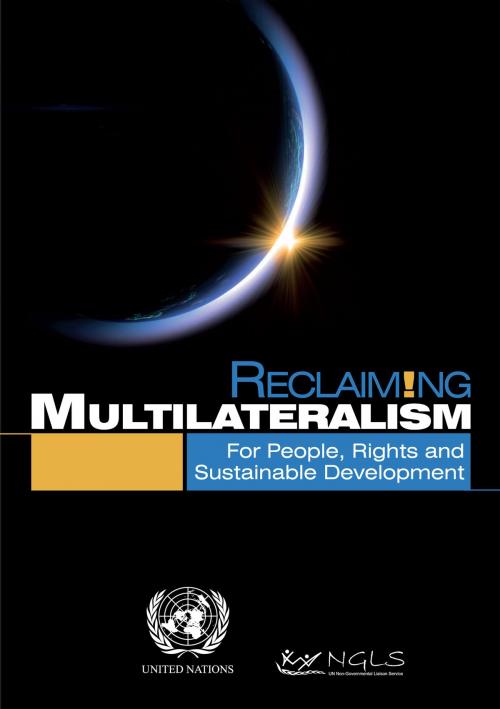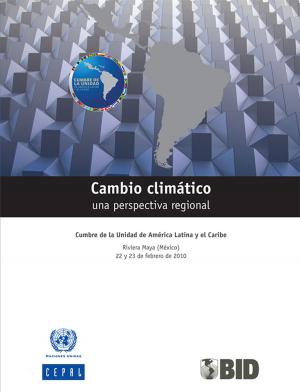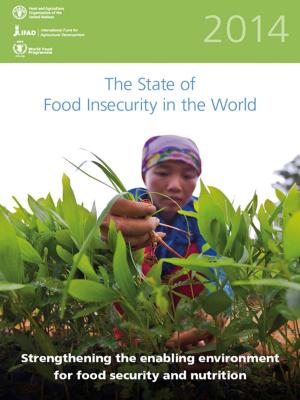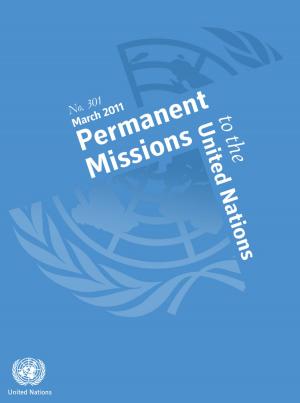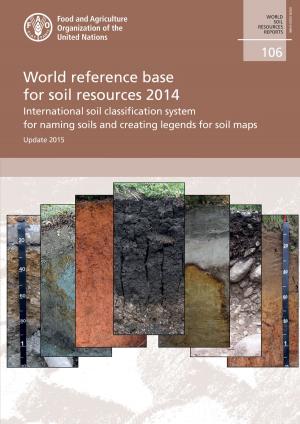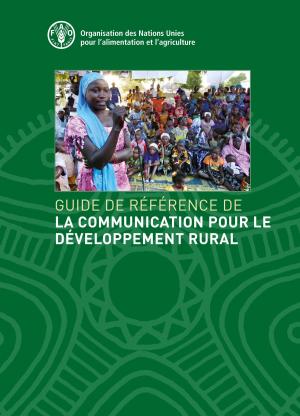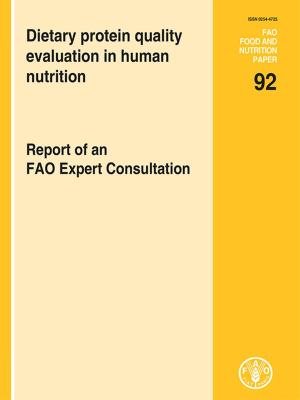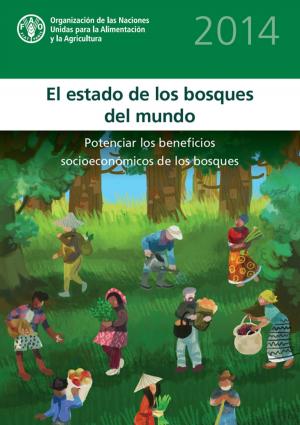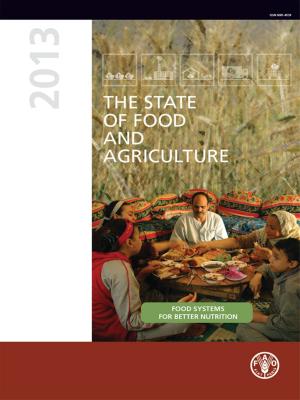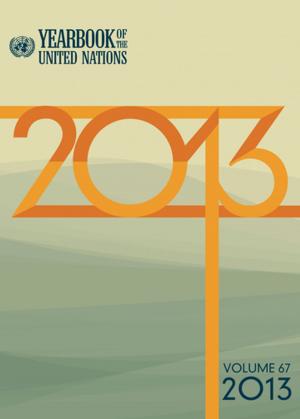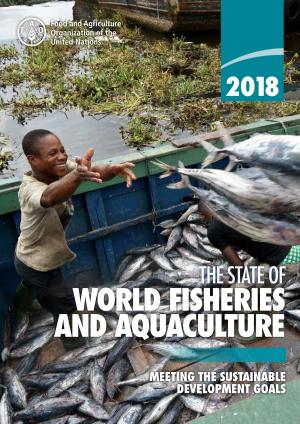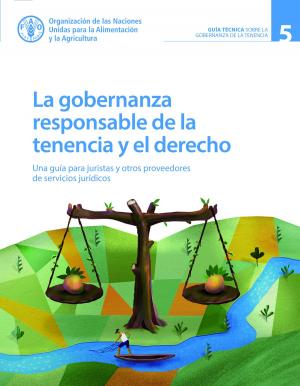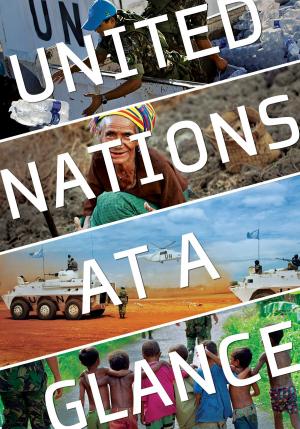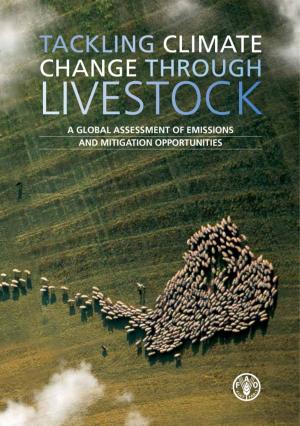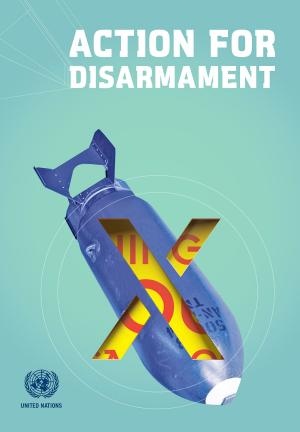Reclaiming Multilateralism
For People, Rights and Sustainable Development
Nonfiction, Social & Cultural Studies, Social Science| Author: | United Nations | ISBN: | 9789210554275 |
| Publisher: | United Nations | Publication: | March 22, 2013 |
| Imprint: | Language: | English |
| Author: | United Nations |
| ISBN: | 9789210554275 |
| Publisher: | United Nations |
| Publication: | March 22, 2013 |
| Imprint: | |
| Language: | English |
This publication is an analytical think piece that looks at the evolution of the multilateral system in the context of the various challenges posed by the global economic and environmental crises. The publication seeks to engage all stakeholders whether government, multilateral, regional, and sub-national institutions, civil society and social movements in an open debate on a “new multilateralism” or rather what kinds of development and governance models the multilateral system should be endorsing that would balance and regulate the political, economic and social shifts brought by globalization and bring the promises of justice, equity and sustainable development to fruition. The study aims to identify principles and practices to be respected for establishing meaningful partnerships between the UN and non-State actors in the context of the discussion on development cooperation, the Millennium Development Goals and sustainable development more broadly.
This publication is an analytical think piece that looks at the evolution of the multilateral system in the context of the various challenges posed by the global economic and environmental crises. The publication seeks to engage all stakeholders whether government, multilateral, regional, and sub-national institutions, civil society and social movements in an open debate on a “new multilateralism” or rather what kinds of development and governance models the multilateral system should be endorsing that would balance and regulate the political, economic and social shifts brought by globalization and bring the promises of justice, equity and sustainable development to fruition. The study aims to identify principles and practices to be respected for establishing meaningful partnerships between the UN and non-State actors in the context of the discussion on development cooperation, the Millennium Development Goals and sustainable development more broadly.
